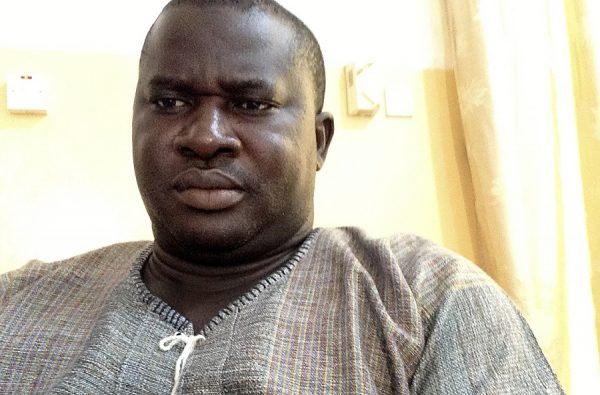
Covid-19 is adversely impacting all of us, but certainly not in equal measures. One group of our society whose vulnerability is and will be terribly heightened by Covid-19 is “persons with disabilities”, the disability regardless.
As I ruminate in my small corner about Covid-19, I could see in my mind’s eye that person with disability who used to sit at the corner near the entrance of that mosque, of that supermarket, of that shop. He depends largely on alms to support his family.
Sometimes he has; on other days we just passed him. Then there is other one; she is employed but now the workplace is closed, her only source of income. She has 4 children to look after, one of the children has autism. Her husband died few years ago and his family isn’t supporting in any way.
And now there is Covid-19. There is a State of emergency. Work places are closing down or downsizing. Schools are closed. Activities, economic, social or religious are at a standstill. And there are all these precautionary measures everyone is asked to observe.But the persons with disability:
They cannot stock up food or other essentials. Most of them are unemployed or poor. Most of them, due to their physical incapacity, economically depend on others for their livelihood. Theirs is a hand to mouth existence.
They cannot observe social distancing or self isolation. Many of them depend on family members or other carers for support or assistance. Some depend on the support of others to eat, bathe, dress or even walk.
If representatives from Disabled Peoples Organisations aren’t actively incorporated into the national response programme, it is very important they are. Who can better represent persons with disabilities and their needs and concerns than themselves. The “‘Nothing for us without us” motto applied at all times.
Having sign language interpreters to communicate with people who are hard of hearing is extremely great. But that is for only people with one specific disability. We need to ensure that Covid-19 messages are in different and accessible formats, catering to the needs of all categories of disability. The State has an obligation to invest resources in this regards. No citizen should be left out in the acquisition of how to prevent oneself from Covid-19. Public health messages must reach us.
The schools children with disabilities attend are all closed. These schools also serve as places of protection, safety and care for these children. With these “services” closed, what mechanisms do we have in place to support these children and their education and protection. Incorporating sign language is great but again we are addressing the situation of only one disability. And truth be told, some of these children can be vulnerable to abuse now, especially by family members who do not know how to properly care for them.
The State should think of ways to support people who are also caring for persons with disabilities. They too cannot observe all the recommended precautions. And since we do not have State paid carers or care homes, this duty to care falls squarely on family members. Who ameliorates the economic effects of Covid-19 on them too? Very likely some of these families are equally living on shoestring budgets.
Since we do not have a social protection system in place to support our vulnerable, those living on the fringes and in poverty and persons with disabilities, the State has the obligation to protect in this trying times, to ensure these people are cushioned against the economic effects of Covid-19. In a Statement the Special Rapporteur on the rights of persons with disabilities, Catalina Devandas, said “….States must take additional social protection measures to guarantee the continuity of support in a safe manner throughout the crisis”.
Information I have is that a sort of “‘social register” exists. If this is the case, the Office of the Vice President, Ministry of Finance and Ministry of Women, Children and Social Welfare should summon whatever Committee is in place to go work and provide the necessary social protection measures to persons with disabilities and other vulnerable groups. “Access to additional financial aid is also vital to reduce the risk of people with disabilities and their families falling into greater vulnerability or poverty” says the aforementioned Special Rapporteur.
According to Save the Children “the coronavirus outbreak can reduce independence and increase vulnerability”. And people with disabilities can increasingly become vulnerable not because of their disability but more due to the fact that some of them have chronic health conditions that can exacerbate their vulnerability.
As a country that has ratified the Convention on the Rights of Persons with Disabilities, the State has the obligation to respect, protect and fulfill the rights of all persons with disabilities.
In this trying time we cannot shrink or shy away from that obligation. The powers that be would be judged by how they treat the most vulnerable of our society, one who have endured structural, organizational and social discrimination since the beginning of time.





